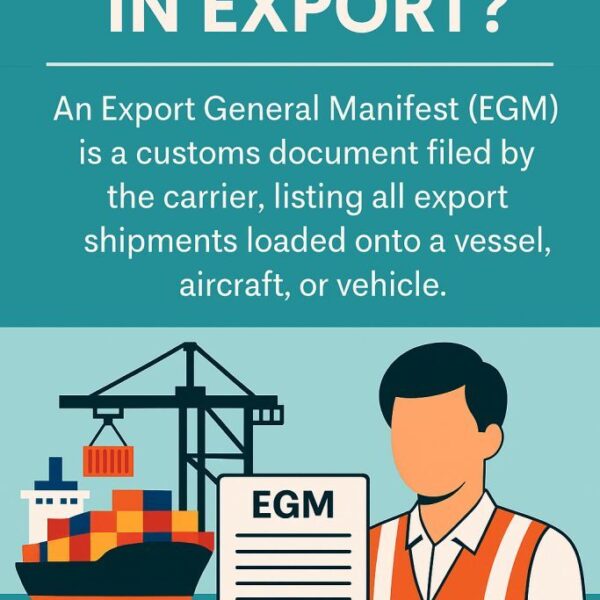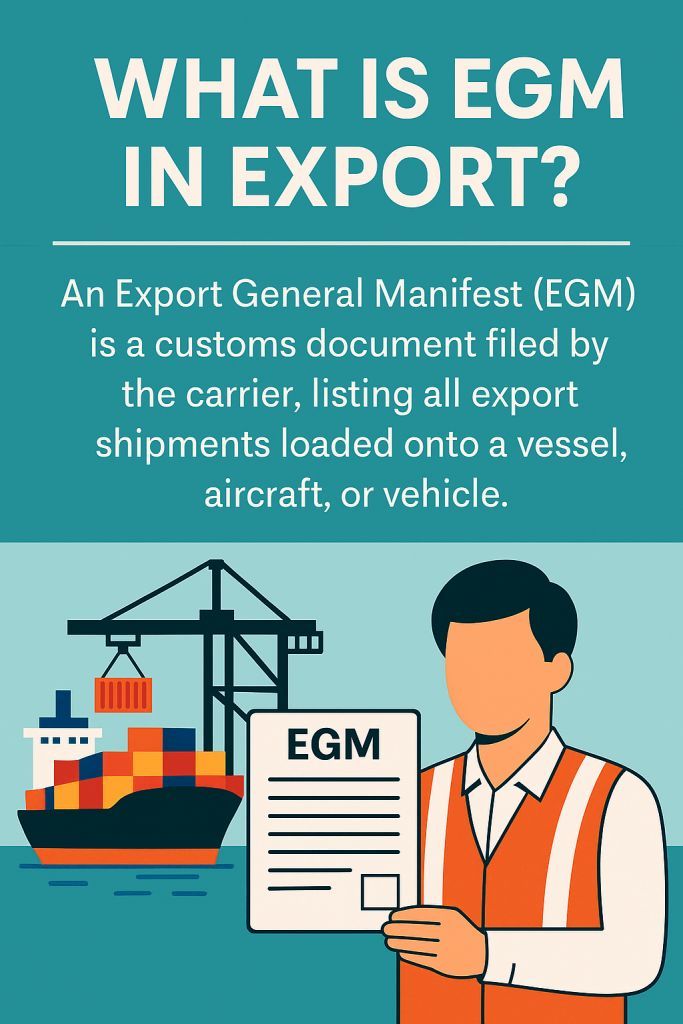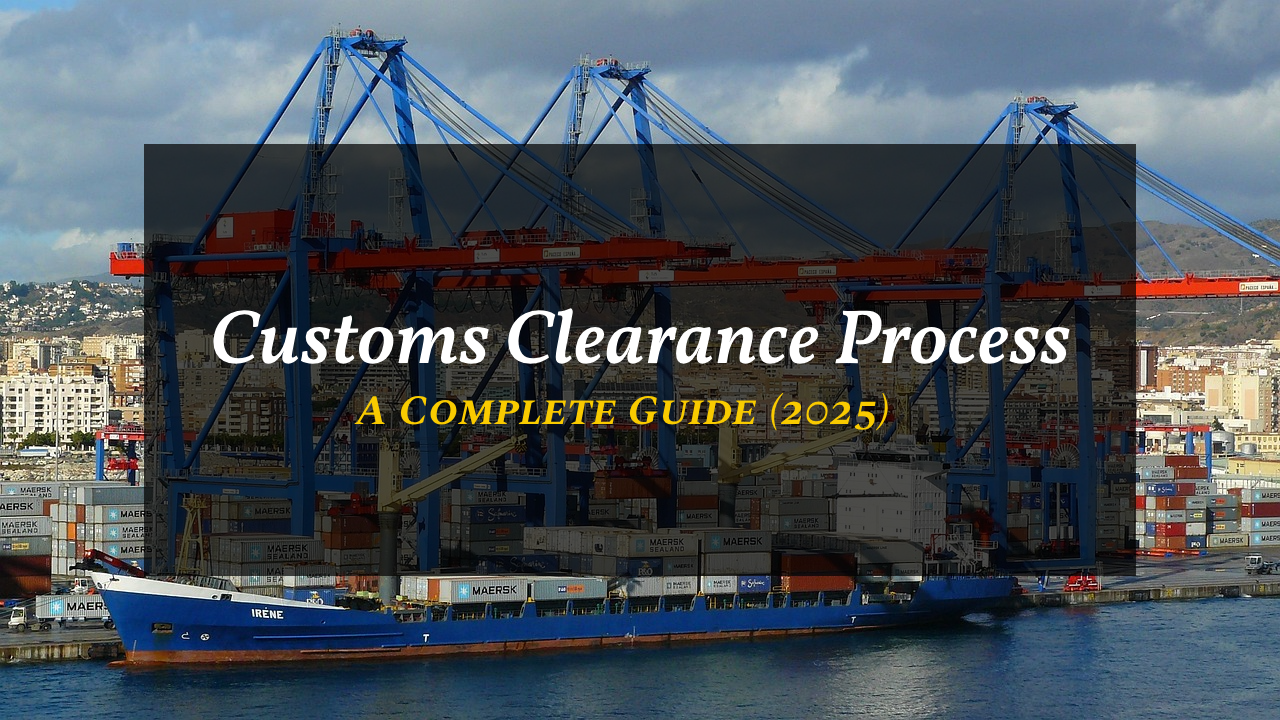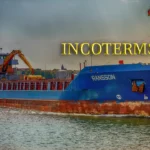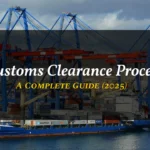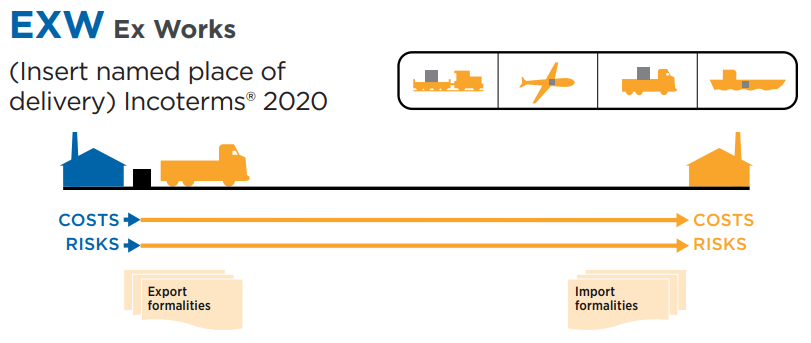
International trade is driven by clarity—especially when it comes to who is responsible for what during a shipment. This is where Incoterms come in. Among the 11 standardized Incoterms defined by the International Chamber of Commerce (ICC), EX Works Incoterms (EXW) is one of the most commonly used, especially by exporters who want to limit their responsibility.
In this detailed guide, we will cover:
- What EX Works means
- Responsibilities of buyer and seller
- Benefits and drawbacks
- Documentation required
- Comparison with other Incoterms
- Real-world examples
Read this Blog also : Incoterms Explained: The Ultimate Guide for Global Trade
What Does EX Works Incoterms (EXW) Mean?
EX Works Incoterms (EXW) is an international trade term that places maximum responsibility on the buyer. Under EXW, the seller only needs to make the goods available for pickup at their premises (factory, warehouse, etc.). All costs and risks from that point onward—including loading, transport, insurance, customs, and delivery—are borne by the buyer.
In short: “EX Works = Seller makes the goods available. Buyer handles everything else.”
Key Responsibilities Under EXW
Seller’s Responsibilities:
- Pack and prepare the goods
- Make the goods available at the agreed location
- Provide commercial invoice and basic documentation
- Assist (if agreed) with export clearance, at buyer’s expense
Seller Is Not Responsible For:
- Loading the goods
- Export clearance
- Freight, shipping, or insurance
- Customs and delivery in the buyer’s country

Buyer’s Responsibilities:
- Load the goods
- Arrange and pay for transport
- Handle export and import clearance
- Pay duties, taxes, and insurance
- Take full risk once goods are made available
Required Documentation Under EX Works Incoterms 2020
| Document | Responsibility | Notes |
|---|---|---|
| Commercial Invoice | Seller | Essential proof of sale |
| Packing List | Seller | Details of contents |
| Export Declaration | Buyer (or agent) | Required for customs |
| Certificate of Origin | Buyer (or paid to seller) | Often needed for import |
Advantages of EX Works Incoterms 2020
For Sellers:
- Minimal responsibility and risk
- No need to handle logistics or freight
- Faster turnaround of goods
For Buyers:
- Full control over the shipping process
- Flexibility to choose shipping providers
- Cost control and potential savings
Disadvantages of EX Works Incoterms 2020
For Sellers:
- May be expected to assist with export even when not obligated
- Reputation risk if shipment faces delays
For Buyers:
- High responsibility for logistics and compliance
- Challenges in managing export formalities remotely
- Risk of costly mistakes
EX Works Incoterms vs. Other Incoterms
| Incoterm | Main Difference from EXW |
|---|---|
| FCA (Free Carrier) | Seller handles loading and export clearance |
| FOB (Free on Board) | Seller delivers to port and loads onto vessel |
| CIF (Cost, Insurance & Freight) | Seller covers cost, insurance, and freight to destination port |
| DAP (Delivered at Place) | Seller handles delivery to buyer’s country/location |
| DDP (Delivered Duty Paid) | Seller bears all risks and costs including duties |
Note: EXW is not ideal for buyers unfamiliar with the export process.
Real-World Example of EX Works Incoterms
A rice exporter in India receives an order from a buyer in Kenya. They agree on EXW Delhi.
- The Indian exporter prepares the rice and makes it available at their warehouse.
- The buyer appoints a freight forwarder to pick up the rice.
- The buyer handles Indian export customs and overseas shipping.
- The buyer pays for insurance and import clearance in Kenya.
Outcome: The seller avoids logistical headaches, while the buyer gains full shipping control but assumes all risks.
When to Avoid EX Works Incoterms
EXW may not be suitable when:
- The buyer lacks experience in export logistics
- The seller is in a country with complex export regulations
- The buyer needs end-to-end service
- Logistics infrastructure is poor or unreliable
Best Practices When Using EXW
- Clearly define the pickup point in the sales contract
- Discuss export documentation in advance
- Clarify whether seller will assist with customs or loading
- Specify the version and location (e.g., EXW Delhi, Incoterms 2020)
- Consider working with a freight forwarder to support the buyer
Conclusion: Is EX Works Incoterms Right for You?
EX Works is ideal for sellers looking to minimize obligations and for buyers who have robust logistics expertise. While it’s simple on paper, the buyer must understand customs, transport, and compliance in both countries.
If you’re new to exports or your buyer lacks experience, consider using FCA (Free Carrier) instead for a more balanced responsibility split.
Frequently Asked Questions (FAQs)
Q1: Who pays export duties in EXW?
A1: The buyer is responsible for export duties unless otherwise stated in the agreement.
Q2: Does the seller have to load the goods?
A2: No. Under EXW, loading is not the seller’s obligation unless otherwise agreed.
Q3: Is EXW good for container shipments?
A3: Not usually. For containers, FCA is often a better option due to port documentation and loading requirements.
Q4: What’s the best alternative to EX Works?
A4: FCA (Free Carrier) is a more practical alternative, balancing seller and buyer responsibilities better.


